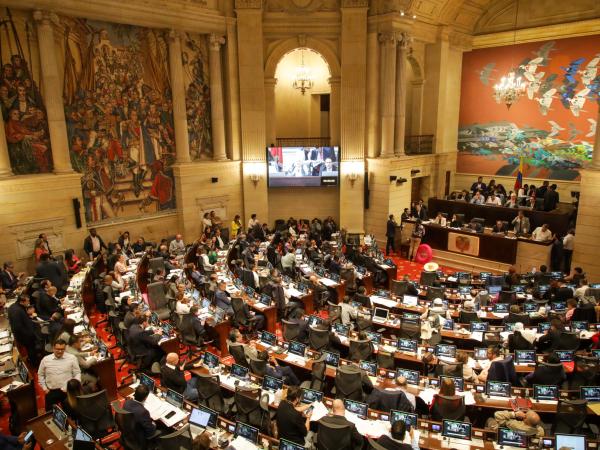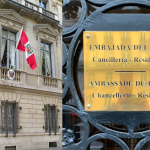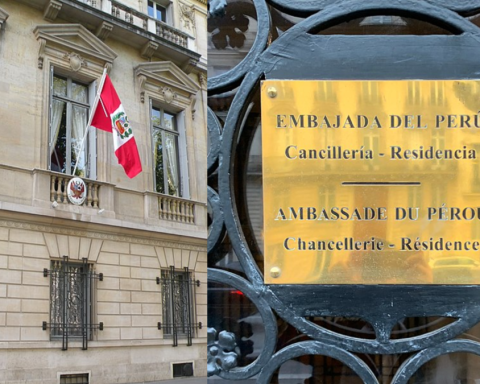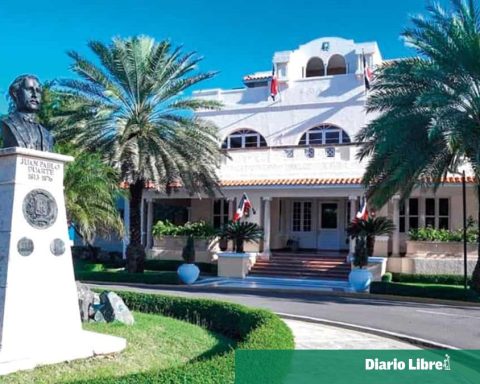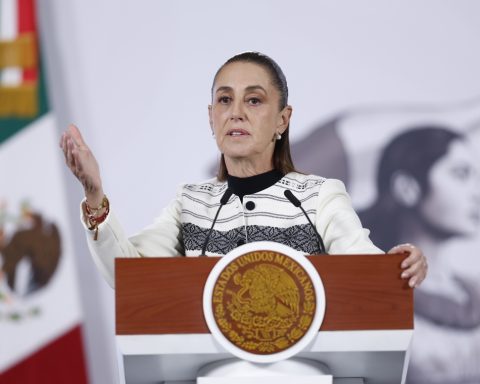Gustavo Petro’s tax reform has not finished coming out of the oven, after being approved this month in Congress, but the Government has already begun to talk about another tributary, this time territorial. For the experts, the initiative could be key to national and regional finances, but if the project were to take place, it would have several challenges.
(Read: The Government’s reasons for a regional tax in the country).
Last week, the Minister of Finance, José Antonio Ocampo, assured in the framework of the annual congress of the Colombian Chamber of Infrastructure (CCI) that “The government is going to present a reform to departmental and municipal taxess” next year.
The head of the portfolio assured that said project will not seek to increase the tax burden but, on the contrary, “it is more a rationalization of a system that is complex, almost chaotic, to have a single system, the better.” This would be based on the Decentralization Mission, in which mayors, governors and Asocapitals are involved.
Ocampo also clarified that the Government hopes to continue strengthening the actions to control tax evasion, and that with this taxes should go up around $20-$25 billion.
According to experts, the idea of a territorial tax reform is not new. “There have been many attempts. The first was that of Rudolf Hommes, in 1994, with the attempt to reform taxes and the territorial tax administration.”, assured Andrés Langebaek, director of economic studies at Grupo Bolívar-Davivienda.
(In addition: What poor households should allocate to healthy taxes).
According to the economist, when thinking about a territorial reform “there are several problems, but perhaps the most important is the ICA tax (Industry and Commerce Tax), whose tax base is sales and billing and not value added, So I tend to be more onerous in trading activities than in manufacturing or other sectors. The ICA taxes the sale and makes it an inequitable tax, it is a tax that must be reformed”.
It is worth remembering that the ICA rate is defined locally by the municipalities.
Jorge Restrepo, a professor at the Javeriana University, agrees with this point, who assured that, although the regions charge this tax, “it is partly assumed by the Nation in a tax discount, and now the tax reform reduced, which means that there is a growing incentive for the regions to collect more and more of that tax, and what’s more, they compete with each other”.
The economist also said that the usefulness of a territorial tax reform lies in decentralization in solving problems “that have to do with the incentives that the regions have to literally stop asking for participation in the nation’s income, or the return of that income, with the General Royalty System, and rather strengthen their own capacity to provide their own income”.
(See: The salary from which withholding will apply in 2023).
Jorge Restrepo emphasized that although this would be a project that is “politically very difficult and that reform has not been possible in the past,” it is an important initiative because in Colombiaincreasingly there is tax competition between regions and the Nation, and from different areas of the country among themselves.
BRIEFCASE
